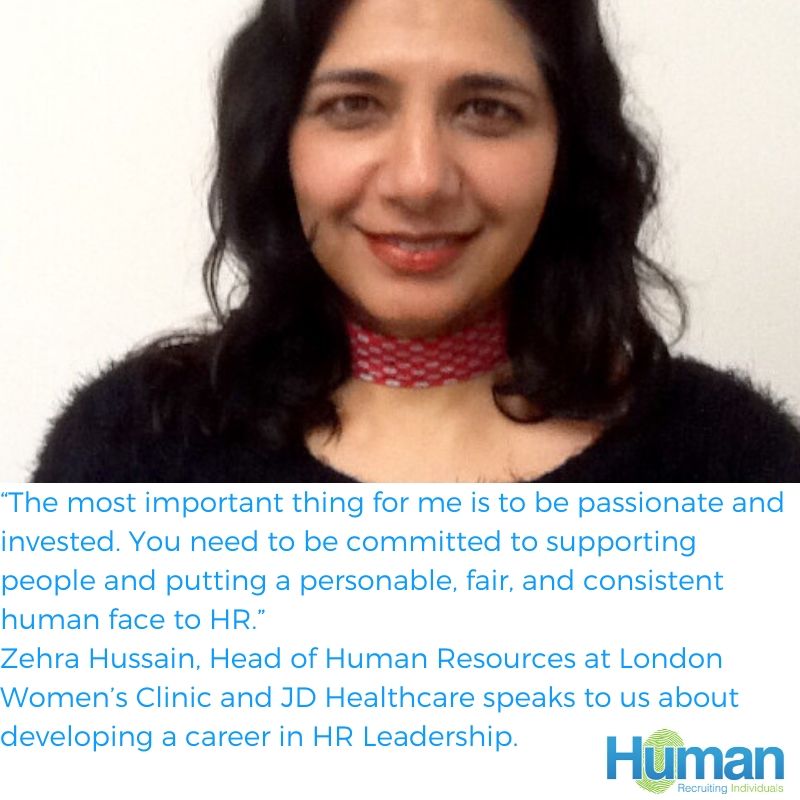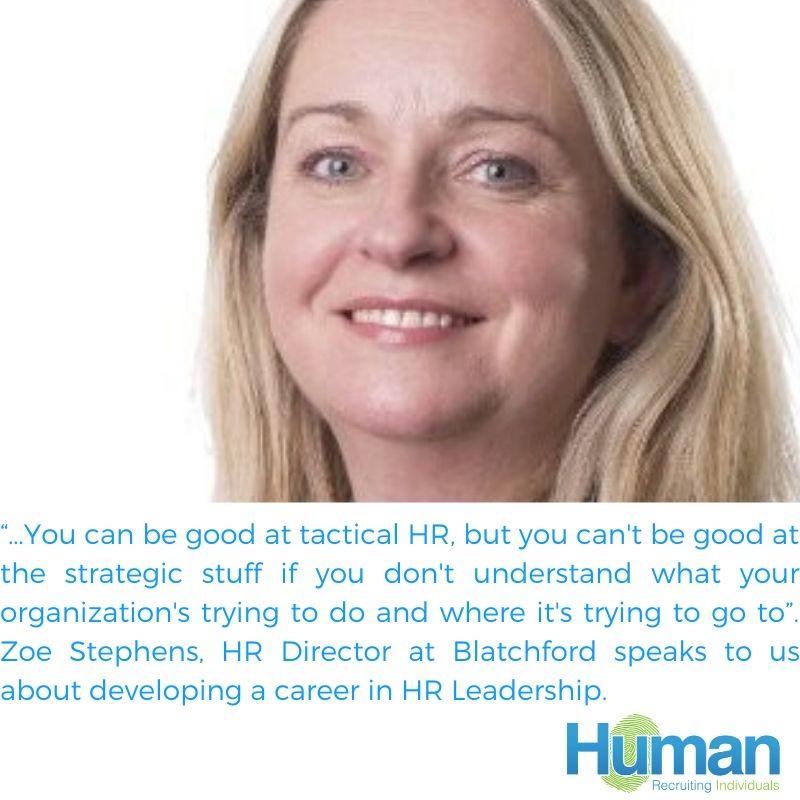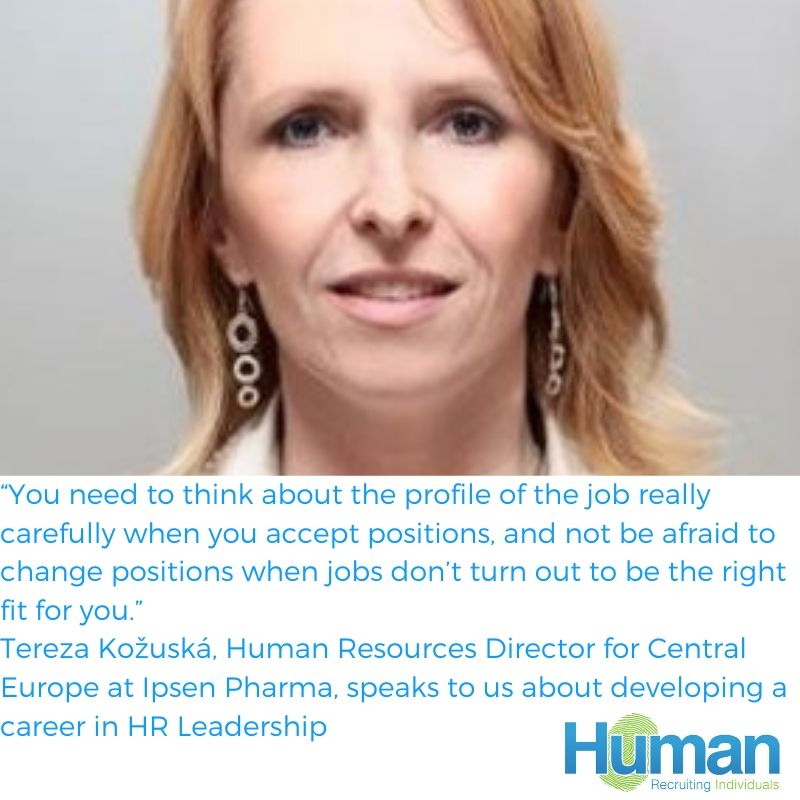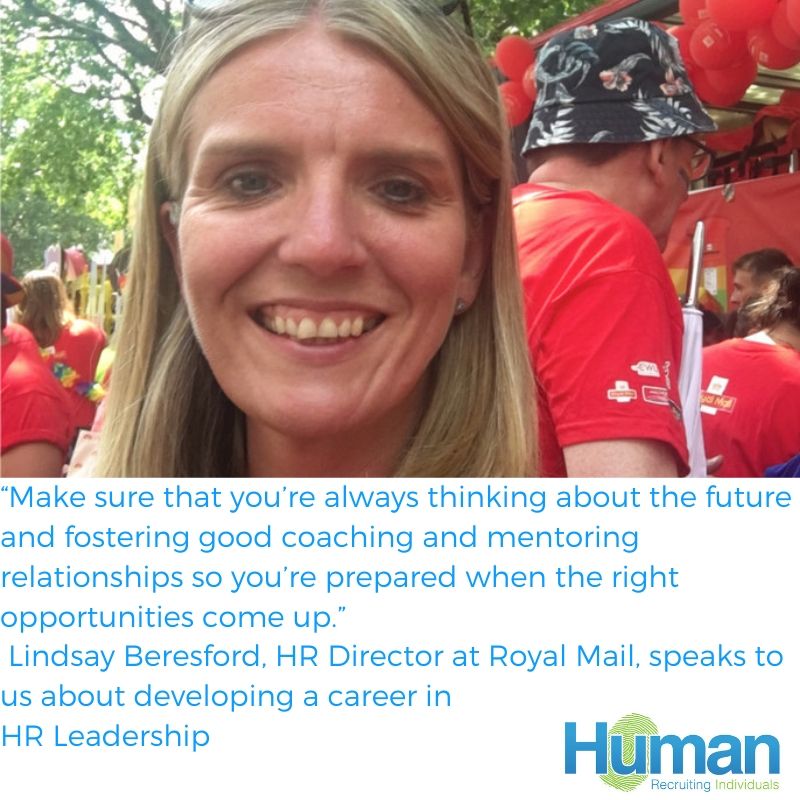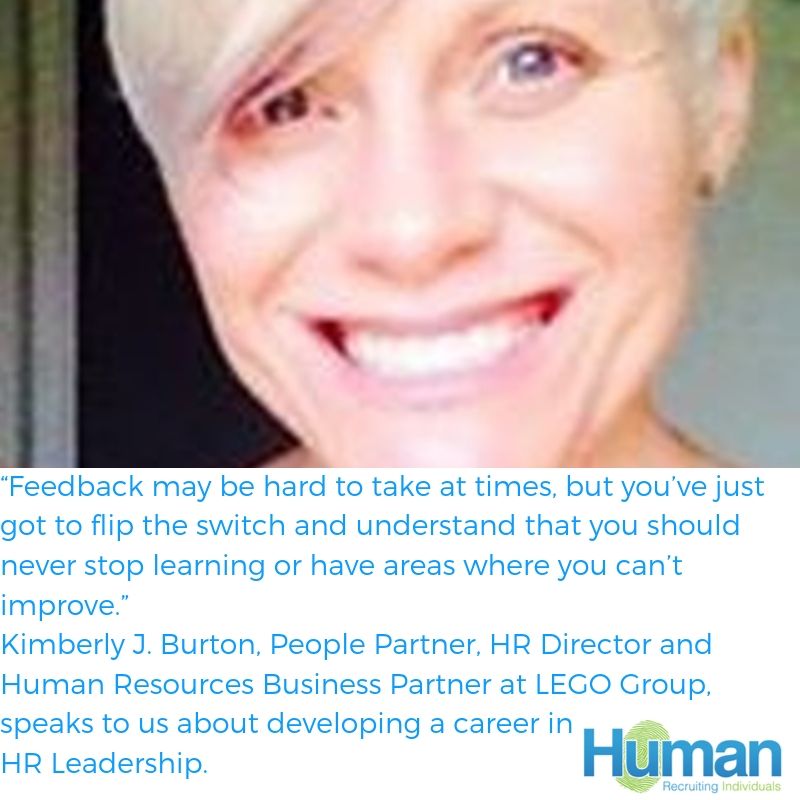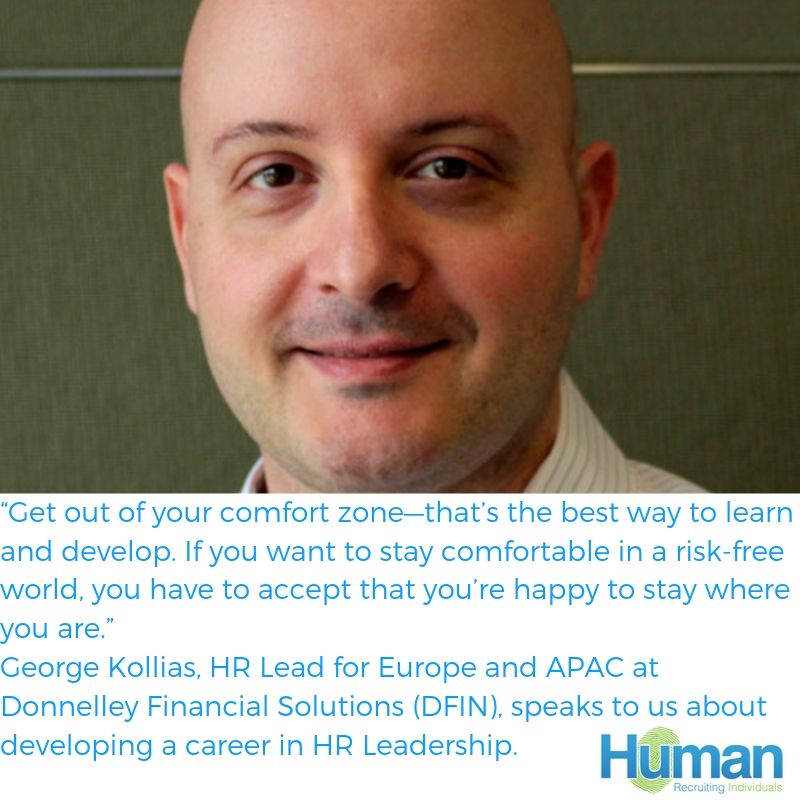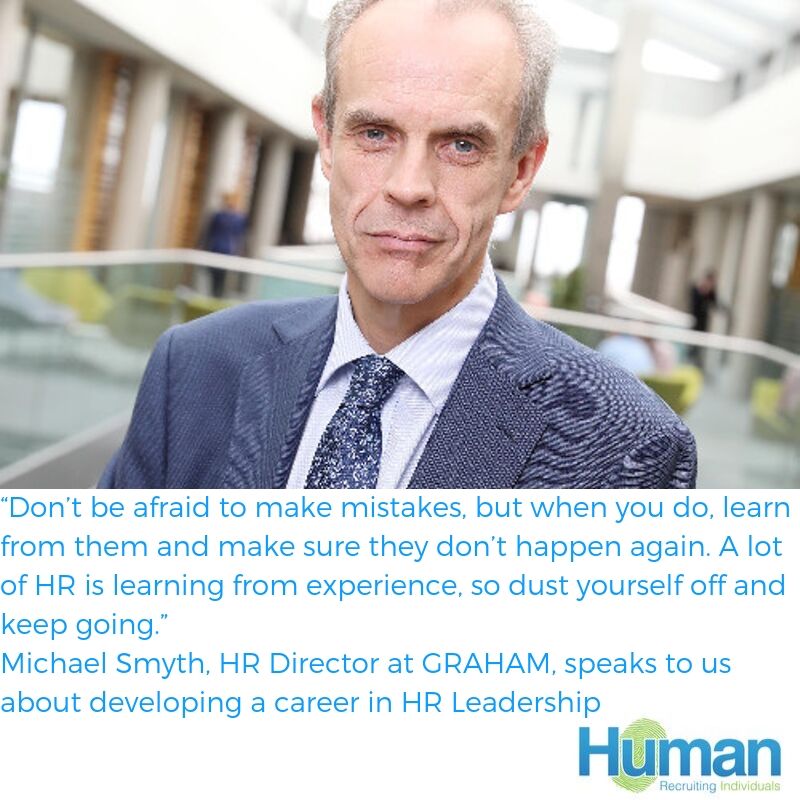Millennials In The Workplace: 6 Recruiting And Retention Strategies For 2020
Millennials or Gen Z are an important part of today’s workplace currently making up for 35% of all employees. And by 2030, millennials in the workplace will comprise a whopping 75% of the working population. Born between 1980 and 2000, the millennial workforce often has high expectations for their careers and strong beliefs about the workplace environment. Typically they are loyal employees with a high sense of purpose, and an interest in the social dimensions of a business. But while millennials are valuable in the workplace, self-reliant and tech-savvy, 53 % of recruiters report having difficulties in finding and retaining millennial talent. Here are the most important things to consider when setting up a strategy for recruiting and retaining millennial talent in the workplace: 1. Make your company attractive and emphasise your healthy business culture As competitive benefits packages are getting more and more standardized across industries, millennials are interested in a company’s unique culture as a key differentiator when considering a career move. By inviting a candidate to check out your company’s social media accounts where you regularly post new photos and videos that show off your culture and subscribe to your newsletters during the pre-screening interview phase, you can reinforce your promises and give them a sneak peek into what their life will be like if they accept the position. 2. Offer flexible hours Like most employees today, millennials are big on flexible working and work-life balance. And considering they grew up in the internet and globalization era, they are big fans of pushing local barriers and making the most of digital communication platforms and tools available today that enable remote working. Many millennials believe that getting quality work done should not depend on an hour commute, specific working hours and a cubicle. Instead, while the regular 9 to 5 window is still pretty standard for reaching colleagues and customers, millennials are also primarily interested in opportunities that don’t limit their creativity and productivity––even if that means working during the night. This allows them to live and work from anywhere in the world, explore opportunities and maximize the time spent with their family and friends. While many find it hard to grasp this concept and believe it’s a good idea to keep them separate, for millennials in the workplace, work is part of their persona and brand. While remote work and flexible schedules aren’t an option for everyone, providing even some work from home opportunities or the ability to start the workday early or late can go a long way. Work with your employee’s schedules rather than expecting them to always adhere to strict start and end times. 3. Give meaning to their work By nature, people are purpose-driven individuals. And some millennials will be prepared to give 100% at the office as long as they feel like they are dedicating their time to a good cause, a cause they believe in. So if you can prove how the role you are offering can make a significant contribution to their personal and professional lives during the recruiting process, you’ve already got their attention. Organizations that are shortlisted during the recruiting process, are usually those who are able to demonstrate how they bring a positive change into the world, adhere to unconventional and transparent work policies and align to their own set of values. While paying the bills is something we all have to do and work for, if you want to attract millennials into your organization tell them about the solid contribution their job will be making for a particular subject. Particularly if you can attach some level of social impact or higher meaning to their day to day tasks they will choose your organization over another job with less social impact. But try not to overdo it. The last thing they want you to be is a salesperson in disguise selling them a perfectly rehearsed script. Instead, try to be genuine as they value transparency and authenticity. 4. Offer growth opportunities and be invested in their professional growth For this particular type of employees – who stay on top of trends, industry news, constantly hungry to learn more — stagnation is terrifying and a static environment can soon bore them. According to a Gallup report, 59% of millennials in the workplace say that professional development opportunities are also important when weighing in the pros and cons of a new job position. To attract millennials and build a reliable and productive work environment for them to feel comfortable and appreciated in, stay ahead of the competition with a benefits package that includes access to the latest industry training and programmes for their growth. 5. Offer competitive compensation for millennials in the workplace As mentioned before, millennials aren’t the type of employees motivated by money. However, this is not to say that they do not know their worth. Quite the contrary, they see the rewarding package you are prepared to offer as an indicator of how much you value them and their work. But aside from salary, when reviewing the entire compensation package, they also look at benefits, perks, and personal development opportunities to stimulate their career and feeling of self-worth. So when presenting them the offer, consider a comprehensive compensation package with better perks and opportunities that align with their individual needs and values if you can’t compete with bigger companies on the same salary benefits. These can include health packages, gym discounts, parties, remote working opportunities, opportunities to grow professionally, even company trips, or events can be a great way of showing appreciation for their work, getting millennials excited about working at your organization, and make them feel like they are part of the family. 6. Let innovation be your driver Innovation is a powerful way to attract millennials in the workplace. They don’t want to just come into an office and work for a stagnant or boring company. They evolved alongside technology and they’re used to a certain cadence. Your toolkit should be up-to-date in
Millennials In The Workplace: 6 Recruiting And Retention Strategies For 2020 Read More »

